Market Trends
Key Emerging Trends in the Food Additives Market
The food additives market is experiencing dynamic trends driven by various factors, reflecting the evolving landscape of the food industry and changing consumer preferences. One notable trend shaping the market is the increasing demand for natural and clean-label additives. As consumers become more health-conscious and concerned about the ingredients in their food, there is a growing preference for additives derived from natural sources. This has led to a surge in the use of plant-based additives, natural flavors, and clean-label alternatives that enhance the taste, texture, and shelf life of food products without compromising on transparency.
Health and wellness considerations are influencing the food additives market, leading to a shift away from certain synthetic additives. Consumers are seeking products with reduced or no artificial colors, flavors, and preservatives. Manufacturers are responding by reformulating their products and exploring innovative ways to achieve the desired characteristics through natural ingredients. This trend aligns with the broader movement towards clean eating and the avoidance of additives perceived as potentially harmful.
The rise of functional and fortified foods is driving innovation in the food additives market. Consumers are increasingly seeking food products that offer additional health benefits beyond basic nutrition. This has led to the incorporation of functional additives, such as vitamins, minerals, and probiotics, to enhance the nutritional profile of various food items. The market is witnessing a growing demand for products that support digestive health, immune function, and overall well-being through the strategic use of additives.
Sustainability is becoming a key consideration in the food additives market. As environmental awareness grows, consumers are looking for products that align with their values of eco-friendliness and ethical sourcing. This trend has prompted manufacturers to explore sustainable sourcing methods for additives, adopt eco-friendly packaging, and implement responsible production practices. Companies are increasingly focusing on reducing their environmental footprint throughout the supply chain to meet the demands of environmentally conscious consumers.
The clean meat and plant-based alternative movement are influencing the food additives market, particularly in the realm of flavor enhancement and texture modification. As the demand for plant-based and alternative protein products grows, there is an increasing need for additives that replicate the taste and texture of traditional meat. Flavor enhancers, texturizers, and natural colors play a crucial role in making plant-based products more appealing to consumers seeking alternatives without compromising on sensory experiences.
Digital technology is driving transparency and traceability in the food additives market. Consumers are using digital platforms and mobile apps to access information about the ingredients in their food. This has led to a demand for clear and easily accessible information about the origin, safety, and purpose of food additives. Manufacturers are responding by providing detailed information on labels and websites, utilizing QR codes, and adopting blockchain technology to enhance traceability and transparency in the supply chain.
Globalization and cultural diversity are influencing the food additives market, with different regions and ethnic preferences impacting the types of additives used. The market is witnessing a trend towards the incorporation of ethnic flavors and traditional ingredients, reflecting the diverse culinary preferences of consumers around the world. This has led to the introduction of a wide variety of exotic and globally-inspired additives that cater to the taste preferences of different cultural groups.
Regulatory changes and increased scrutiny on food safety are shaping the food additives market. Stringent regulations and a growing focus on consumer safety have prompted manufacturers to adhere to strict quality standards and compliance with regulatory requirements. This trend has led to advancements in testing methods, quality control measures, and the development of new additives that meet regulatory guidelines while ensuring the safety and integrity of food products.


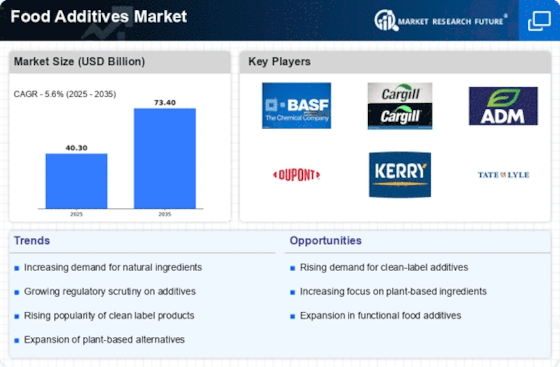
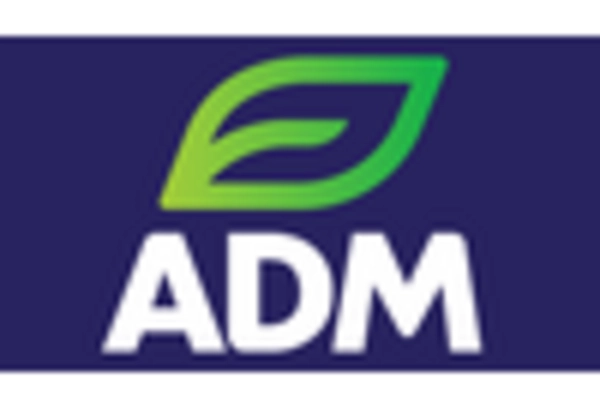

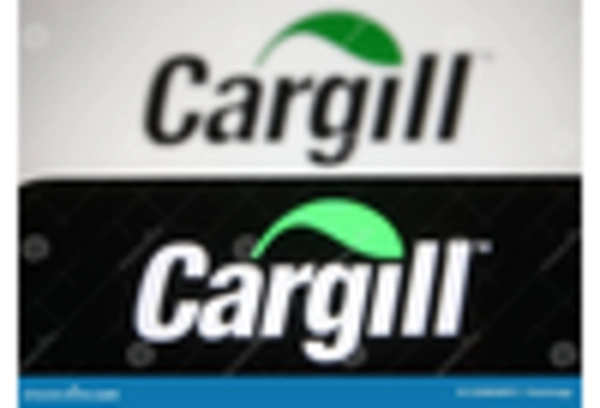

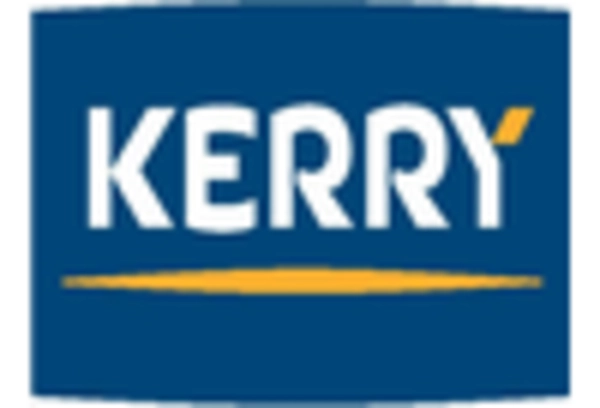
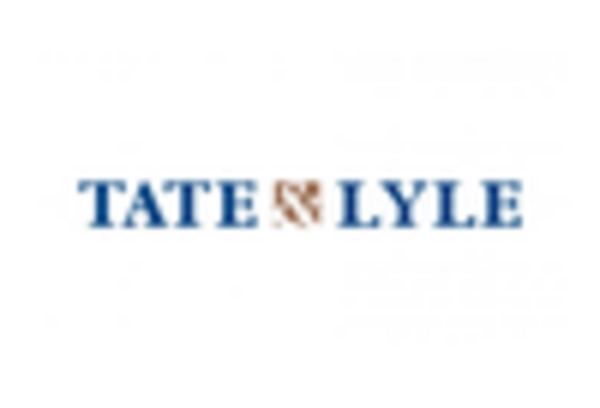









Leave a Comment